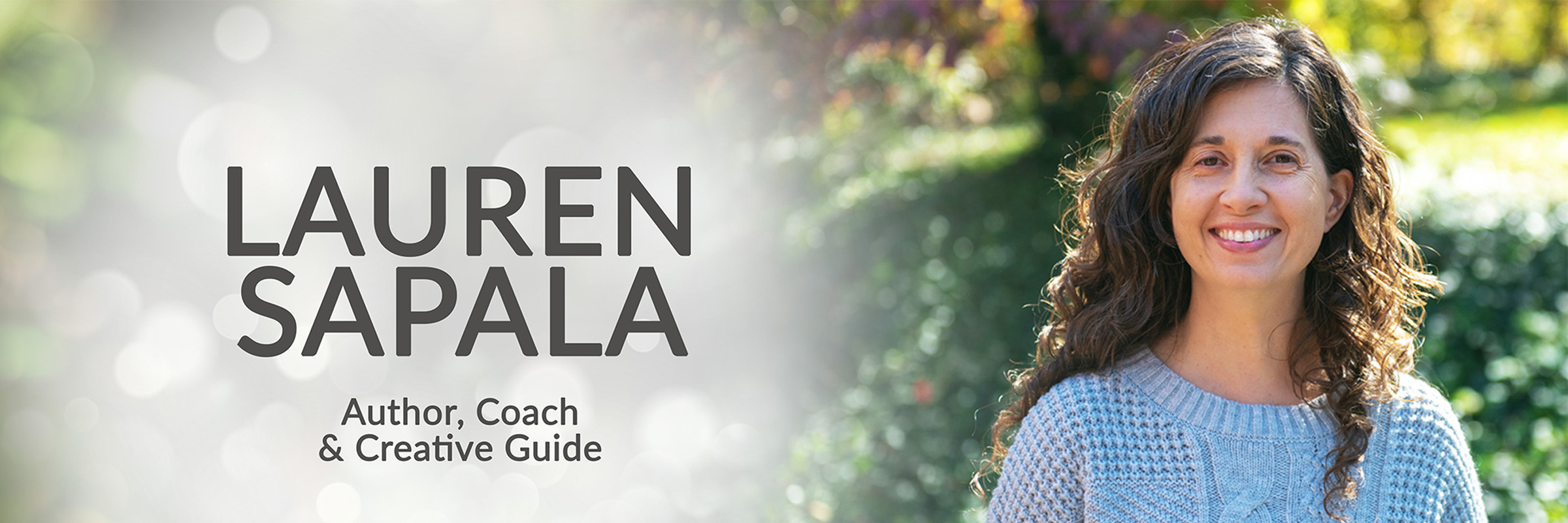
Are you a writer who struggles with procrastination? Well, you’re not alone. I’ve worked with hundreds of struggling writers and procrastination is one of the most commonly reported problems and sources of dissatisfaction among writers that I see in my coaching practice.
Most writers know that procrastination is the problem, but many of us don’t know exactly WHY. I’ve outlined my list of the top 5 causes of procrastination in writers that I see all the time in my clients and students.
1. Overwhelm
Getting a juicy new idea for a story or a writing project is a great feeling, but much of the time we then go into overthinking mode and try to envision every little detail and how the whole thing will unfold. It’s when we go into overdrive trying to visualize all the pieces in our head and how exactly they’re going to fit together that we go into overwhelm.
What makes this even harder to deal with is that many writers don’t know that they’re going into overwhelm when it’s happening. A classic case of overwhelm feels like being frozen, paralyzed, or numb. You’re trying to check out because being present feels like just way too much. If you’re feeling super ungrounded, spacey, or like you’re in freeze mode, chances are that you’re in overwhelm.
2. Perfectionism
Most writers are well aware of their perfectionistic tendencies. However, most writers believe that perfectionism only comes in during the writing process itself. But perfectionism very frequently occurs not only during the writing process, but before the writing process has even begun. This is because writers tend to assume that conditions need to be “perfect” before they can start writing.
When perfectionism shows up before the writing process has even begun, it usually manifests as the writer thinking they need the “perfect” writing space (secluded cottage in the woods), the “perfect” amount of time (hours or even whole days), and the “perfect” idea (everyone will love it and no one will ever judge it). This just isn’t realistic, and a writer who waits for these perfect conditions to materialize will end up never writing anything at all.
3. Comparison Syndrome
It’s common for writers to realize that they feel called to a certain genre or topic that they really want to write about, and usually, it’s because they already enjoy this genre or topic as a reader. So, they have a lot of experience with what is already out there. This can be a good thing, because they’re familiar with the area they feel called to as an artist, but it can also be a hindrance when it comes time to write.
It’s usually because we are so familiar with the other excellent books in our chosen genre or topic of interest that we feel a lot of self-doubt about our ability to write something equally as wonderful. Sometimes we question if we even have anything worthwhile to contribute at all. If you find yourself constantly comparing your idea to the great ideas that have gone before you, and feeling very much the worse for it afterwards, it’s likely that your procrastination is linked to comparison syndrome.
4. Impatience
This might sound like a weird cause of procrastination, because when we think of procrastination we usually think of someone working extremely slowly, or not at all, and when we think of impatience we think of someone rushing to get the job done. However, impatience is actually one of the leading causes of procrastination because when a writer is impatient, their writing project usually ends in disaster and is never completed.
Writers who are impatient want to know—right now—what to expect, when it will be finished, and how everything will look at the end. So, they rush through the writing process and the story doesn’t get a chance to properly ripen and unfold at the pace it needs to unfold. The writer then ends up with a story that has a lot of holes in it, or feels flimsy and like it needs a massive amount of work to even move forward the tiniest bit. This could all have been avoided if the writer had curbed their impatience in the beginning and not tried to smash a year’s worth of work into a short amount of time.
5. Self-Sabotage
When self-sabotage shows up in the guise of procrastination it can take many insidious forms. It might be that the writer has a habit of always biting off more than they can chew, or sets goals that are completely unrealistic and then gives up completely when they don’t meet them. It can also manifest as black-and-white thinking in the form of limiting beliefs around money and being paid for your work. Some writers tell themselves they can’t call themselves a real writer (and consequently can’t truly follow their writing dreams) until they’re paid for their work. Others tell themselves that if they are paid for their work then they’re a “sell-out” and they’re not a real artist.
Usually, writers who are dealing with self-sabotage feel like they’re always in a no-win situation with their writing, whether it comes down to time, money, or the kind of support they’re receiving for their writing (from themselves or others). No matter which way they turn, it always seems to end in them never actually getting any writing done.
All 5 of these common causes for procrastination in writers comes down to the same cause, and that’s anxiety. Writers who suffer from anxiety are, at the root of it, terrified of judgment, whether that judgment comes from others, or from their own inner critic. The only way to begin to heal this anxiety is to dig deep and look at that fear of judgment. How are you judging yourself? How are you judging others? How are you judging life?
These are big questions, with no easy answers, but we have to ask the big questions if we ever want to get to a place where anxiety is not running our writing life. It’s only when we can let go of our fear of judgment that we can begin to actually move forward with our writing.
Lauren Sapala is the author of The INFJ Writer and The INFJ Revolution. She is also currently offering a free copy of her book on creative marketing for INFJ and INFP writers to anyone who signs up for her newsletter. SIGN UP HERE to get your free copy of Firefly Magic: Heart Powered Marketing for Highly Sensitive Writers.



